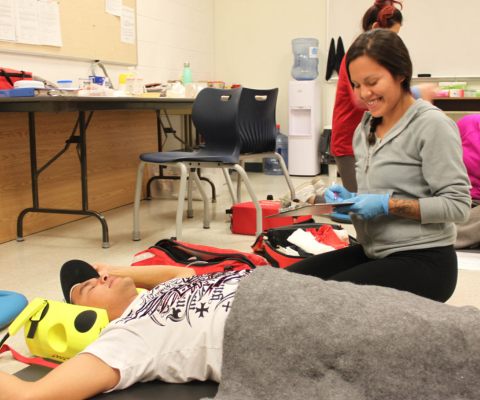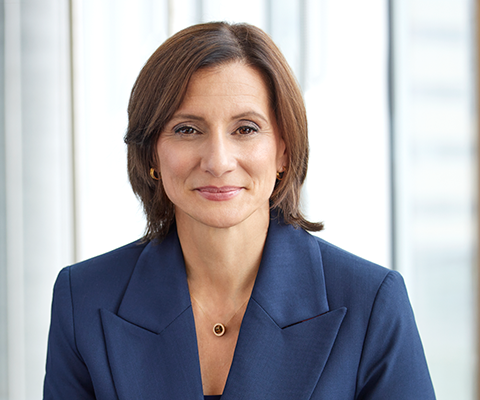Universities Canada principles on equity, diversity and inclusion

Canadians value an inclusive country, where equity is deeply embedded and diversity welcomed. Our identity is expressed in the shared values of openness, fairness and tolerance.
Members of Universities Canada reflect those values in their approaches to teaching, research and community engagement. Universities recognize the vital importance of a diversity of identity and thought, with room for a variety of ideas, geographies, cultures and views. While progress has been made over the past few decades, we recognize that there is more we can – and must – do to truly achieve inclusive excellence.
To complement Universities Canada’s Principles on Indigenous Higher Education and building on international movements such as the United Nation’s HeforShe campaign, members of Universities Canada commit to attracting and retaining students, faculty, staff and leaders from all backgrounds. To serve their missions, our university leaders commit to being active champions of equity, diversity and inclusion on our campuses, in our communities and across the country.
To this end, the members of Universities Canada make an explicit public commitment to seven principles. These principles acknowledge the differences between university communities across Canada and the autonomy of individual institutions to advance change appropriate to local context and needs.
- We believe our universities are enriched by diversity and inclusion. As leaders of universities that aspire to be diverse, fair and open, we will make our personal commitment to diversity and inclusion evident.
- We commit our institutions to developing and/or maintaining an equity, diversity and inclusion action plan in consultation with students, faculty, staff and administrators, and particularly with individuals from under-represented groups [1]. We commit to demonstrating progress over time.
- We commit to taking action to provide equity of access and opportunity. To do so, we will identify and address barriers to, and provide supports for, the recruitment and retention of senior university leaders, university Board and Senate members, faculty, staff and students, particularly from under-represented groups.
- We will work with our faculty and staff, search firms, and our governing boards to ensure that candidates from all backgrounds are provided support in their career progress and success in senior leadership positions at our institutions.
- We will seek ways to integrate inclusive excellence throughout our university’s teaching, research, community engagement and governance. In doing so, we will engage with students, faculty, staff, our boards of governors, senates and alumni to raise awareness and encourage all efforts.
- We will be guided in our efforts by evidence, including evidence of what works in addressing any barriers and obstacles that may discourage members of under-represented groups to advance. We commit to sharing evidence of practices that are working, in Canada and abroad, with higher education institutions.
- Through our national membership organization, Universities Canada, we will work to generate greater awareness of the importance of diversity and inclusive excellence throughout Canadian higher education.
[1] Under-represented groups include those identified in the federal Employment Equity Act – women, visible minorities, Aboriginal peoples, and persons with disabilities – as well as, but not limited to, LGBTQ2+ people and men in female-dominated disciplines.
Download Universities Canada Inclusive Excellence Principles
-30-
About Universities Canada
Universities Canada is the voice of Canada’s universities at home and abroad, advancing higher education, research and innovation for the benefit of all Canadians.
Media contact:
Lisa Wallace
Assistant Director, Communications
Universities Canada
[email protected]
Tagged: Equity, diversity and inclusion, Universities Canada news




